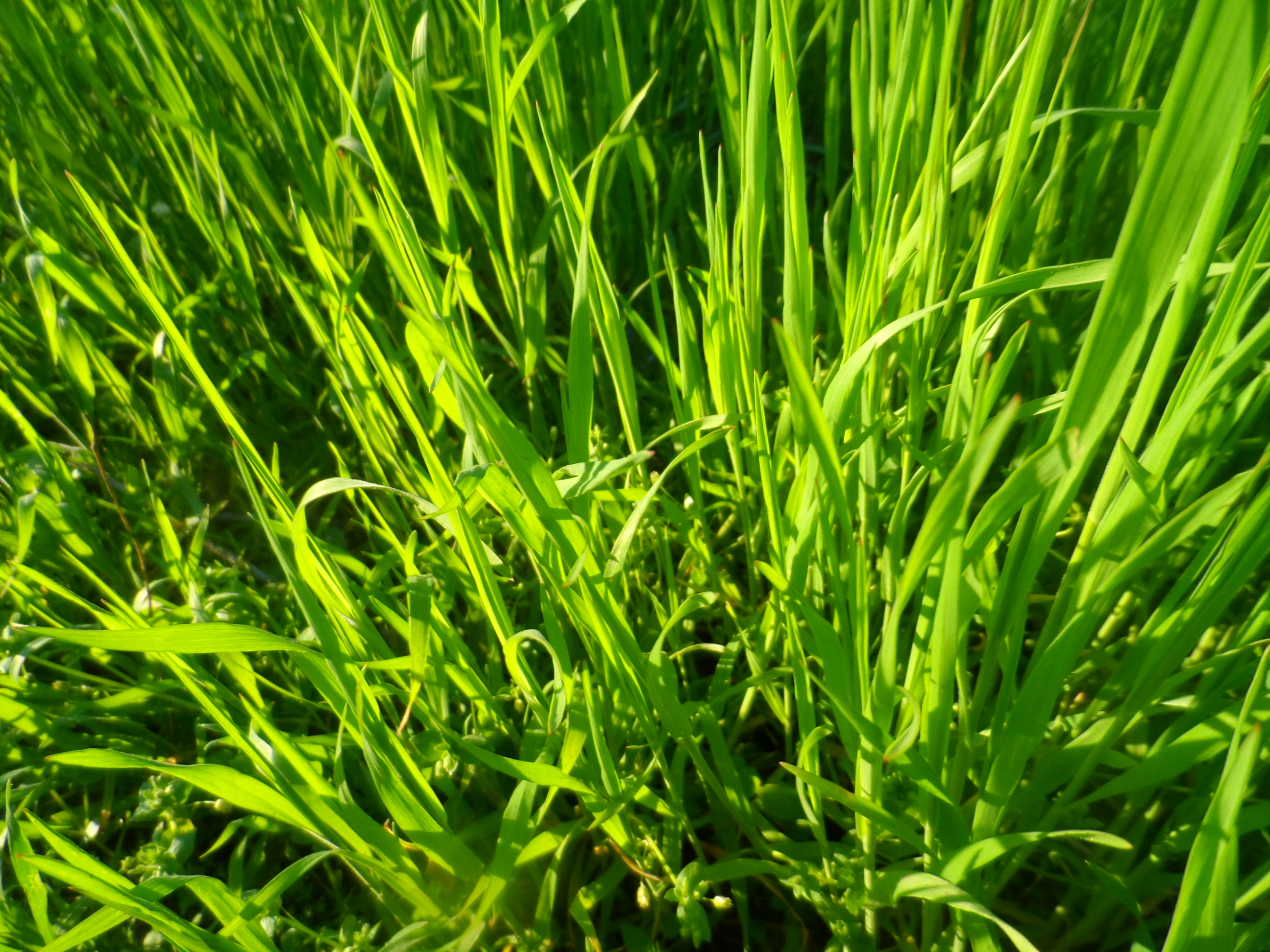
Sustainable Lawn Care Practices for the Eco-Conscious Homeowner Jul 20, 2025
The first step in sustainable lawn care is choosing the right type of grass. Opt for native grass species that are well-suited to your local climate. These grasses require less water and are more resistant to local pests and diseases, reducing the need for chemical treatments. Furthermore, native grasses typically require less mowing, which conserves energy and reduces emissions.
Water conservation is a pivotal aspect of sustainable lawn care. Installing a rain barrel is an excellent way to collect rainwater, which can then be used to water your lawn. Not only does this help conserve municipal water resources, but it also saves money on water bills. Another effective technique is to water your lawn deeply but infrequently. This encourages grass roots to grow deeper, making your lawn more drought-resistant.
Fertilization is another area where homeowners can make more sustainable choices. Instead of synthetic fertilizers, consider using organic alternatives such as compost or manure. These natural fertilizers enrich the soil with essential nutrients without the harmful chemicals that can seep into waterways. Creating your own compost pile is a rewarding endeavor that recycles kitchen and yard waste into a nutrient-rich soil amendment.
Pest control doesn't have to rely on synthetic pesticides, which can harm the environment and disrupt beneficial insect populations. Instead, opt for integrated pest management techniques. This approach combines preventive measures, such as rotating plant species and using pest-resistant plants, with targeted treatments. Introducing natural predators like ladybugs or employing homemade insecticidal soap can effectively manage pests without the environmental impact.
Mowing practices also play an integral role in sustainable lawn care. Set your mower blades to a height of three inches or more. Taller grass shades the soil, reducing water loss through evaporation and preventing weed seed germination. Additionally, when you mow, leave the clippings on your lawn. These clippings decompose quickly, returning valuable nutrients back to the soil.
Creating wildlife habitats within your lawn can significantly contribute to local biodiversity. Incorporate a mix of flowering plants to attract pollinators such as bees and butterflies. This not only benefits your garden but also supports the essential process of pollination in the environment. Additionally, consider adding a small water feature or birdbath to invite diverse species into your lawn ecosystem.
Finally, consider periodic reviews and audits of your lawn care routine. Assess what practices work well and identify areas for improvement. Sustainable lawn care is an evolving journey, and keeping up with new techniques and products can further minimize your lawn's environmental footprint.
In conclusion, sustainable lawn care is not only beneficial for the environment but also enhances the beauty and health of your lawn. By incorporating native plants, conserving water, using organic fertilizers, and encouraging biodiversity, homeowners can create a thriving, eco-friendly outdoor space. Phillips Lawn Services is committed to helping you achieve a sustainable lawn, ensuring your landscape is as kind to the earth as it is to the eye.
/filters:no_upscale()/media/c027e6b2-944c-4141-ab5e-aa1a21499f48.png)
/filters:no_upscale()/filters:format(webp)/media/1bdefce8-89ec-45fe-bc3a-4153abb490e9.png)